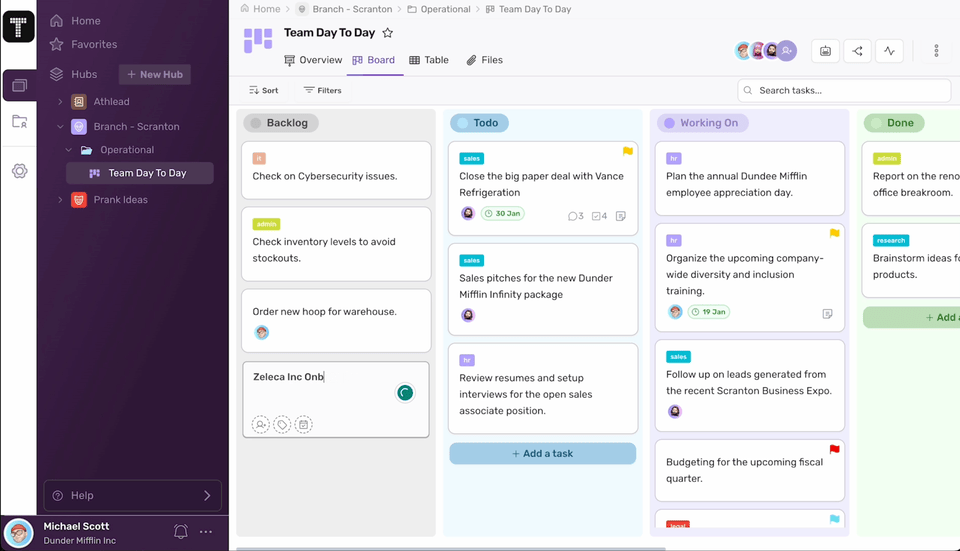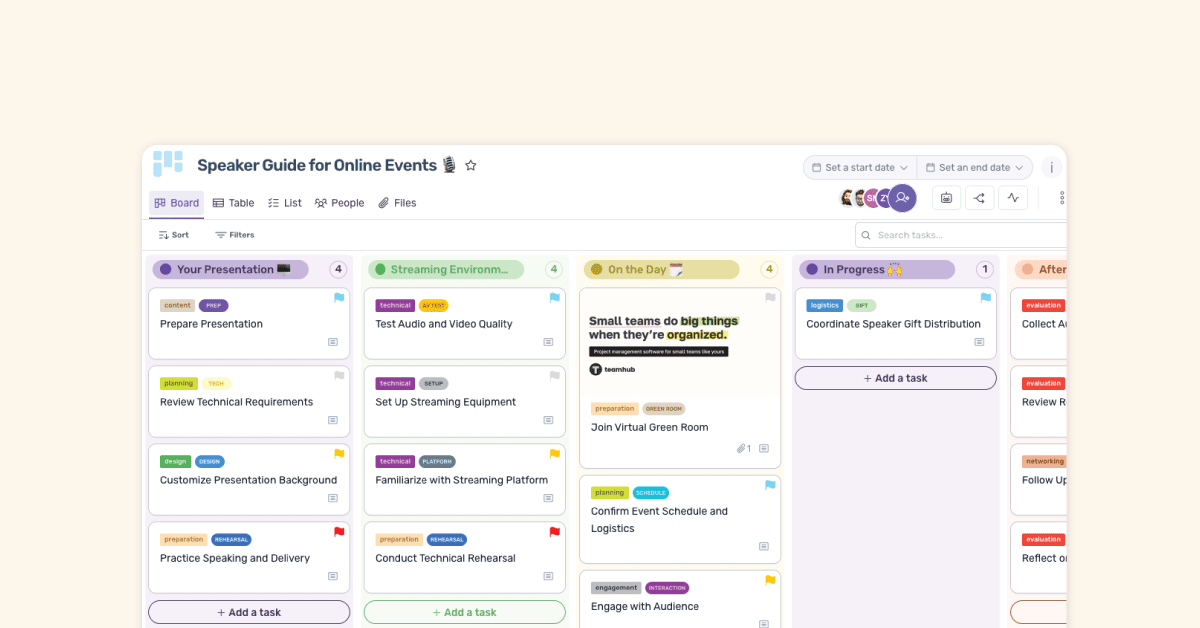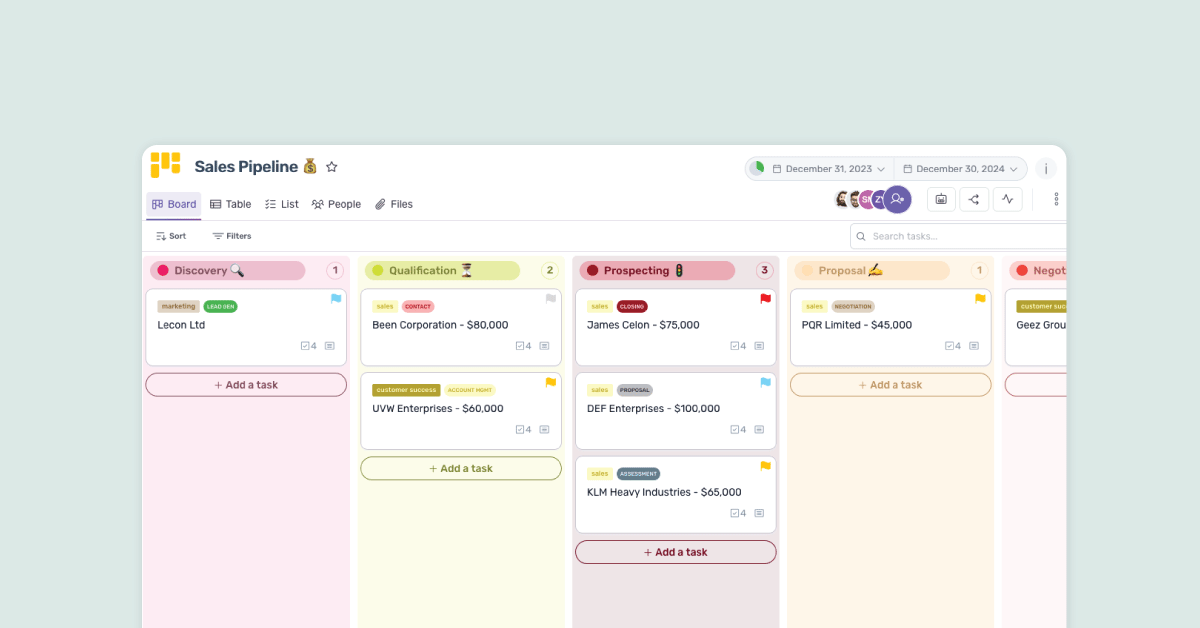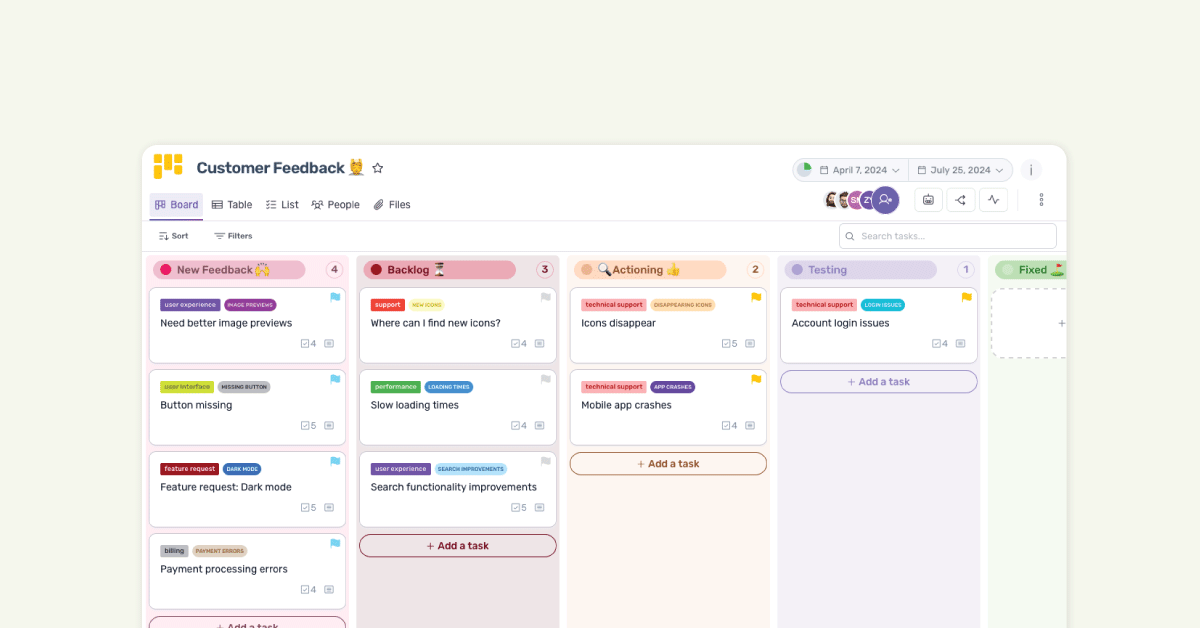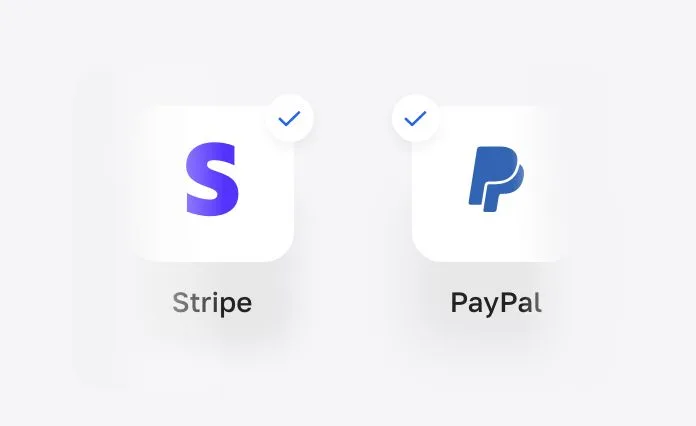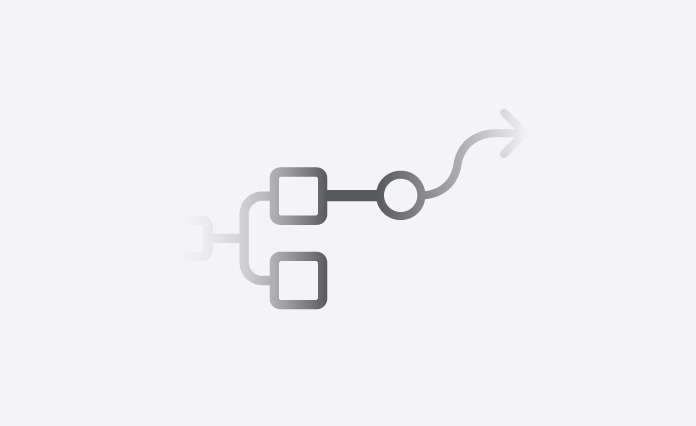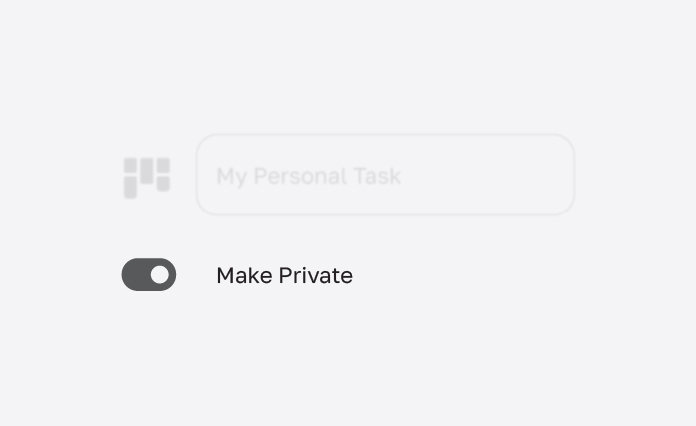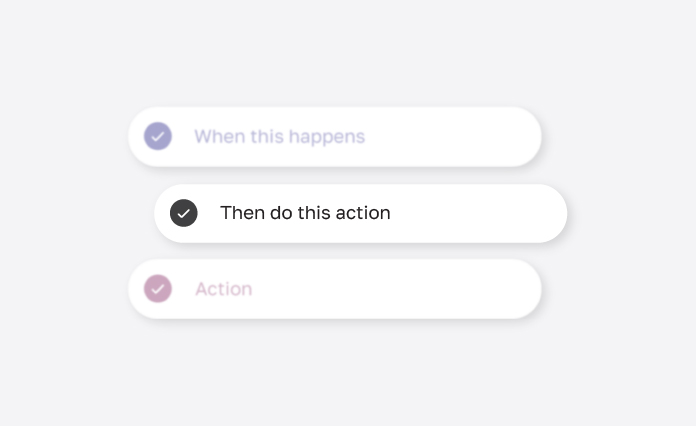In the rapidly evolving field of healthcare, project management plays a crucial role in ensuring the successful execution of various initiatives. With the increasing complexity of healthcare projects, the need for effective project management tools and strategies has become paramount. One such tool that has gained significant popularity is project management software.
Understanding the Need for Project Management in Healthcare
Healthcare projects involve various stakeholders, complex timelines, and stringent regulatory requirements. Without proper project management, the chances of delays, cost overruns, and errors increase dramatically. Project management helps healthcare organizations streamline their operations, enhance collaboration, and ensure the timely completion of projects.
One of the key reasons why project management is crucial in healthcare is the involvement of multiple stakeholders. In a healthcare project, there are often various departments, such as doctors, nurses, administrators, and IT professionals, who need to work together to achieve a common goal. Project management provides a structured approach to coordinate these stakeholders, ensuring effective communication, collaboration, and alignment of objectives.
Furthermore, healthcare projects often have complex timelines due to the nature of the industry. For example, the implementation of a new electronic health record system may require extensive planning, testing, and training to ensure a smooth transition. Project management helps in breaking down these complex timelines into manageable tasks, assigning responsibilities, and monitoring progress to ensure that the project stays on track.
The Role of Project Management in Healthcare
Project management in healthcare involves planning, organizing, and controlling resources to achieve specific goals and objectives. It helps healthcare organizations define project scopes, allocate resources effectively, and monitor progress throughout the project lifecycle. Project management ensures that healthcare projects are delivered on time, within budget, and in accordance with quality standards.
One of the key roles of project management in healthcare is to define the project scope. This involves clearly identifying the objectives, deliverables, and constraints of the project. By defining the scope upfront, project managers can effectively manage expectations and ensure that the project stays focused on its intended outcomes.
In addition to scope management, project management also plays a crucial role in resource allocation. Healthcare projects often require the allocation of various resources, such as personnel, equipment, and funding. Project management helps in identifying the resource requirements, optimizing their utilization, and ensuring that they are available when needed.
Challenges in Healthcare Project Management
Healthcare projects face various challenges, including resource constraints, regulatory compliance, and frequent changes in technology and healthcare policies. Project management software provides healthcare organizations with the necessary tools to address these challenges effectively. By centralizing project information, automating processes, and facilitating collaboration, project management software significantly enhances project efficiency and outcomes.
One of the major challenges in healthcare project management is resource constraints. Healthcare organizations often have limited resources, both in terms of personnel and funding. Project management helps in optimizing the utilization of these resources by prioritizing tasks, identifying bottlenecks, and making informed decisions based on resource availability.
Another challenge in healthcare project management is regulatory compliance. Healthcare projects need to adhere to various regulations and standards, such as HIPAA (Health Insurance Portability and Accountability Act) and FDA (Food and Drug Administration) guidelines. Project management ensures that these regulatory requirements are incorporated into the project plan and that the necessary controls and processes are in place to meet them.
Furthermore, the healthcare industry is constantly evolving, with new technologies and policies being introduced regularly. This dynamic environment poses a challenge for healthcare project management, as projects need to adapt to these changes. Project management software helps in managing these changes by providing real-time visibility into project progress, facilitating communication and collaboration, and enabling agile decision-making.
Exploring Project Management Software
Project management software is a specialized tool designed to assist organizations in planning, executing, and monitoring projects. While there are various project management software available in the market, they generally offer a range of key features that are especially beneficial for healthcare projects.
Key Features of Project Management Software
Project management software typically includes features such as task management, scheduling, communication tools, resource allocation, and reporting capabilities. These features enable healthcare organizations to track project progress, allocate resources efficiently, and manage project risks effectively. By providing real-time visibility into project statuses, project management software empowers healthcare organizations to make informed decisions and mitigate potential issues.
Benefits of Using Software for Project Management
Using software for project management offers numerous benefits to healthcare organizations. It streamlines project workflows, improves communication and collaboration among project teams, and enhances overall project efficiency. Additionally, project management software provides transparency and accountability, as project stakeholders can access real-time project data and monitor progress.
Implementing Project Management Software in Healthcare
Implementing project management software in a healthcare organization requires comprehensive planning and proper execution. Here are some steps to guide the implementation process.
Steps to Implement Project Management Software
- Define project management goals and objectives: Identify the specific goals and objectives you want to achieve by implementing project management software. Determine the key performance indicators (KPIs) that will measure the success of the implementation.
- Assess organizational needs: Evaluate the specific needs and requirements of your healthcare organization. Consider factors such as project complexity, team size, and budget constraints to select the most suitable project management software.
- Engage stakeholders: Ensure that all stakeholders, including project managers, team members, and executive leadership, are involved in the decision-making process. Collaboration and buy-in from stakeholders are crucial for successful implementation.
- Plan the implementation process: Create a detailed implementation plan that outlines the steps, timeline, and responsibilities for each phase of the implementation. Consider any necessary training and support to facilitate a smooth transition.
- Configure and customize the software: Adapt the project management software to meet the specific needs of your healthcare organization. Customize workflows, templates, and reporting capabilities to align with your project management processes.
- Provide training and support: Conduct comprehensive training sessions for project managers and team members to ensure they understand how to effectively use the software. Offer ongoing support and assistance to address any questions or concerns.
- Monitor and evaluate: Continuously monitor the implementation progress and evaluate the effectiveness of the project management software. Collect feedback from users and make necessary adjustments to optimize performance.
Overcoming Implementation Challenges
Implementing project management software may encounter challenges such as resistance to change, lack of user adoption, and technical issues. To overcome these challenges, it is crucial to communicate the benefits of the software, provide adequate training and support, and address any technical issues promptly.
Maximizing the Benefits of Project Management Software in Healthcare
To maximize the benefits of project management software in healthcare, it is essential to follow best practices that enhance its utilization and effectiveness.
Best Practices for Using Project Management Software
- Standardize project management processes: Establish standardized project management methodologies and processes across the organization. This ensures consistency and facilitates alignment with project management software.
- Promote collaboration and communication: Encourage open communication and collaboration among project team members using the software’s communication tools. Foster a culture that values sharing information, ideas, and expertise.
- Regularly update project data: Keep project data up to date to ensure accurate reporting and decision-making. Regularly update task statuses, timelines, and resource allocations to maintain an accurate and real-time project view.
- Leverage reporting and analytics: Utilize the reporting and analytics capabilities of project management software to gain insights into project performance. Analyze trends, identify areas for improvement, and make data-driven decisions to optimize project outcomes.
- Integrate with other systems: Integrate project management software with other healthcare systems, such as electronic health records (EHR) or billing systems, to streamline information exchange and improve operational efficiency.
Measuring the Success of Project Management Software Implementation
Measuring the success of project management software implementation in healthcare requires evaluating its impact on project outcomes and organizational performance. Key performance indicators (KPIs) to consider include project completion time, cost variance, resource utilization, and stakeholder satisfaction. Regularly monitor these KPIs to assess the effectiveness of the software and make any necessary improvements.
Future Trends in Healthcare Project Management Software
As technology continues to advance rapidly, project management software for healthcare projects is expected to evolve and incorporate new features and capabilities.
Technological Advancements in Project Management Software
Future project management software is likely to embrace emerging technologies such as artificial intelligence (AI), machine learning, and predictive analytics. These technologies can automate routine tasks, analyze large datasets, and provide valuable insights to optimize project planning and decision-making.
The Future of Healthcare Project Management
In the future, healthcare project management is expected to become more integrated, collaborative, and data-driven. Project management software will play a vital role in enabling healthcare organizations to adapt to the changing landscape, improve project outcomes, and deliver high-quality care to patients.
In conclusion, using project management software in healthcare projects is crucial to ensure their successful execution. By understanding the need for project management in healthcare, exploring project management software features, and implementing the software effectively, healthcare organizations can maximize the benefits and overcome implementation challenges. By following best practices and leveraging the capabilities of project management software, healthcare organizations can enhance collaboration, optimize project outcomes, and adapt to future trends in healthcare project management.

